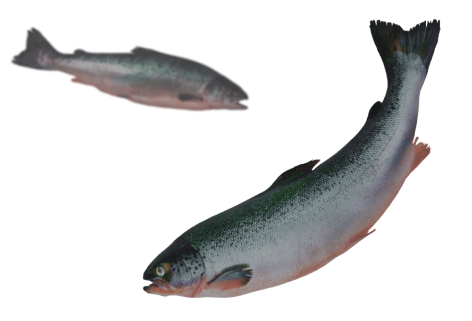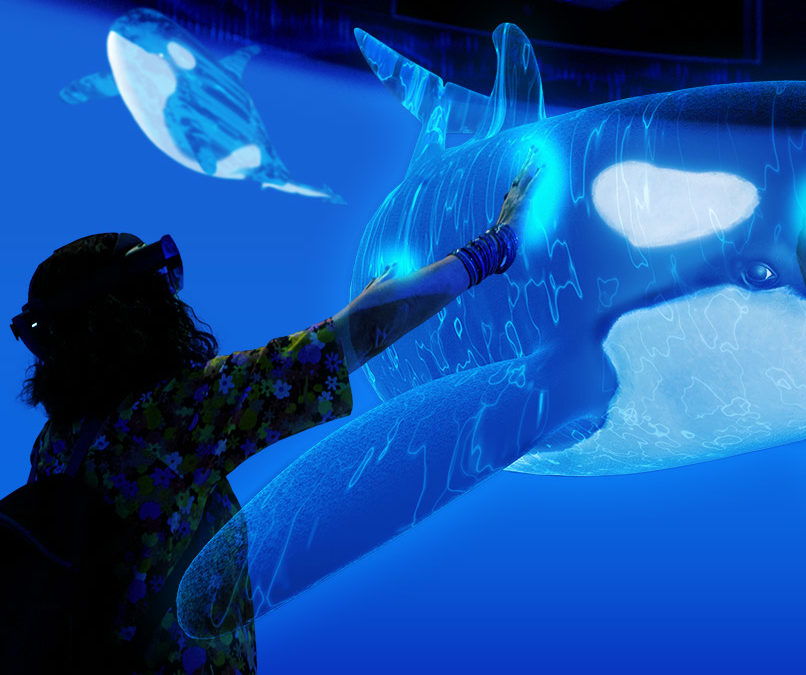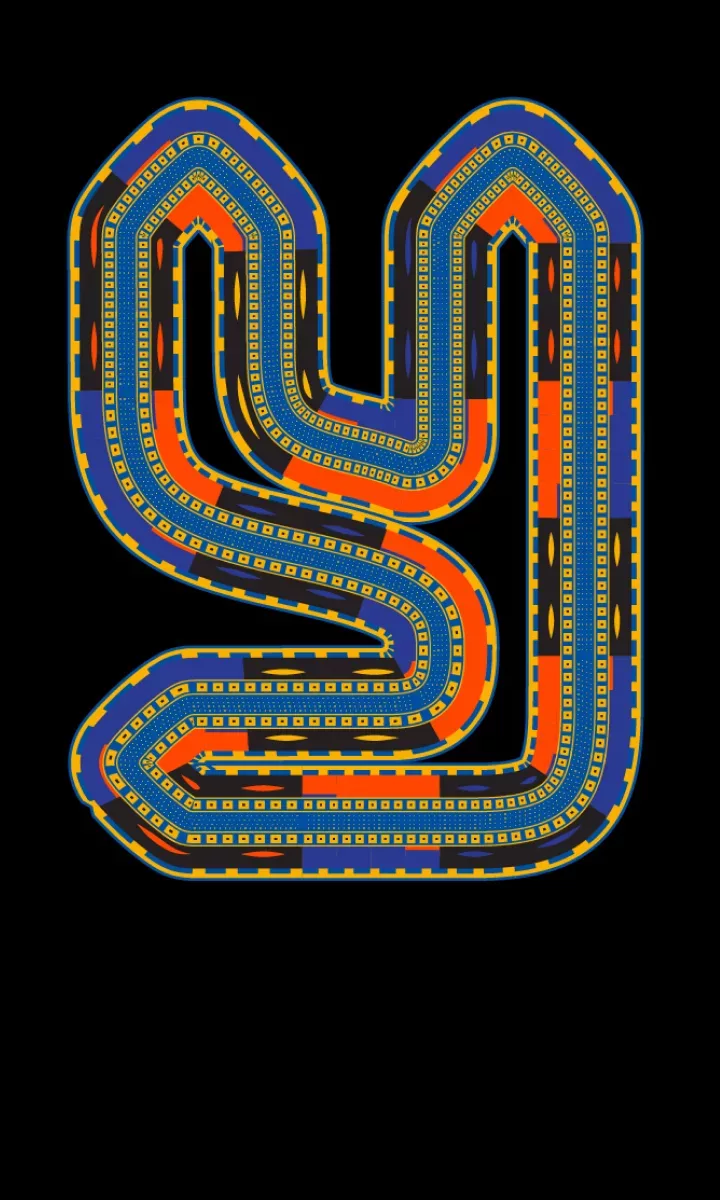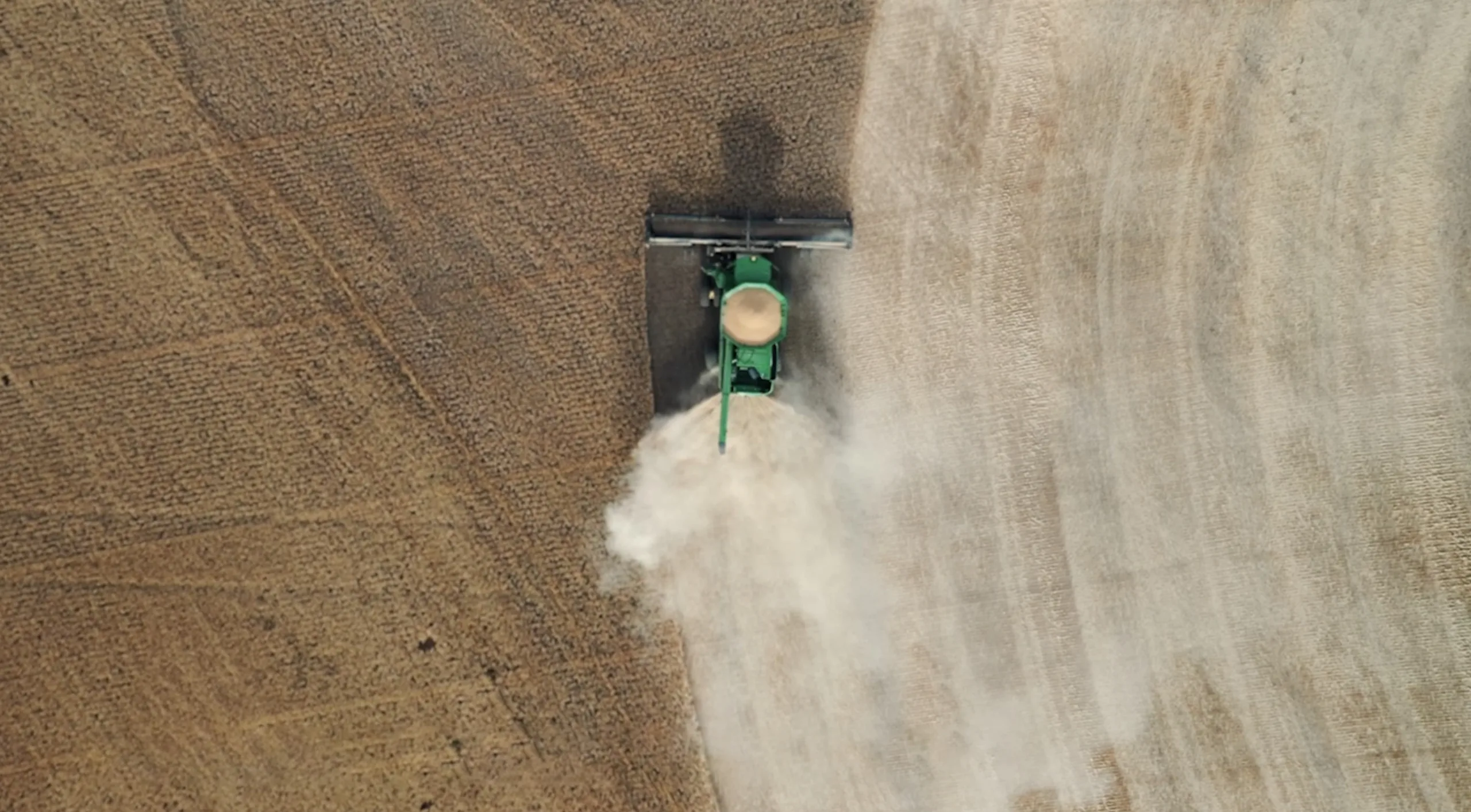An Act of Powerful Imagination
Imagine a way of living that didn’t require money, long commutes, or the horrors on the evening news. Imagine a life in balance with the rhythms of the earth. Imagine no internet, phones, or TVs. No electricity. The only running water is a river or a stream—no cars, airplanes, or motorboats.
Imagine how quiet it is. And imagine all of the unoccupied attention that accompanies the quiet.
My ancestors observed the blossoming of flowers, the shift of the wind, and the behavior of animals. They talked about what they saw and felt. They spoke of their dreams. They made stories about the animal people and the plant people, and the people under the waves. The stories included teachings about interacting with one another and these non-human communities.
One of the communities they observed was the Killer Whales. My tribe is the Lhaq’temish (the people of the sea). In my culture, Killer Whales are Qwel’hol’mechen, our relatives under the waves. In our stories, their world mirrors our world, and what happens to them happens to us. It’s easy to understand this belief when you see the similarities between their culture and traditional Lhaq’temish culture.
Like the Lhaq’temish people, the people beneath the waves are matriarchal, which means they follow the lead of the eldest woman, who often carries essential information about when and where to find food, how to sing, hunt, and behave. The Lhaq’temish people admire the people beneath the waves for their skill at catching fish and how they interact as families.
The Qwel’hol’mechen love their grandparents, babies, parents, siblings, and mates. They feel joy, pain, and love. They live together in a pod for the duration of their lives. My people have observed and known all this for a very long time, and now science has affirmed that Qwel’hol’mechen have complex minds, emotions, and brains as powerful as those of humans.
The People Beneath The Waves
For millions of years in the eternal sea across generations, beyond the limits of time, their songs have echoed through the deep;
hunting songs, and songs of grief, songs to celebrate the birth of a new life. For millions of years in the eternal sea
they have lived and loved simply to be together in a pod—one heart, one mind, their songs have echoed through the deep,
linking each to each in the community with affections profound as yours or mine. For millions of years in the eternal sea
they’ve been here longer than humanity, singing across the tides their songs have echoed through the deep.
Our relatives under the waves entreat “Without our songs as guides, we die. For millions of years in the eternal sea our songs have echoed through the deep.”

Net Weavers and Salmon Eaters
A challenge facing the people under the waves and the people of the sea is the scarcity of salmon. Lhaq’temish, are salmon eaters just like our relatives under the waves. In traditional Lhaq’temish culture, our stories carry forward our beliefs and instructions on how to care for the earth. They also teach the art of weaving. The ancestors wove nets of nettles and willow roots. To weave a net meant that you were feeding the people and that your role in the family was vital. Everyone played their part, and all hands were busy during the running of the salmon. Nothing was wasted, and nobody went hungry. These are two rules that the Lhaq’temish observe to honor the salmon.
Before the arrival of European colonizers—before their canneries, hatcheries, fish traps, and dams—when the Lhaq’temish people went out to fish, our fishers took only what the people needed, never too much. They wanted to make sure there was plenty for our relatives in the sea and our relatives upstream. Because just like us, the people beneath the waves and the people upstream need plenty of good food to keep healthy and strong. Salmon season is a time of work and celebration.
Table Song
People of the sea sing in gratitude with stories of how salmon give themselves to nourish the people with sacred food. For as long as they swim, all will be well.
Grandmother tells how out in the cold straits, our most ancient kin, the Qwel’lhol’mechen Sing “this is where the salmon run today.” Follow the beacon of the tallest fin
And you shall share in the bountiful feast. This is how it was when we were still joined in a web connecting greatest to least with abundance for all to enjoy.
We sing to remember our gratitude to the life that became our sacred food.
Sound Significance
Qwel’hol’mechen “see” sound and rely on their voices—and nature—to find one other, their food, and their home. When it’s interrupted, everything is at risk.
This seeing is called echolocation, and it means that if they can’t hear, they can’t see. And if they can’t see, they can’t find food. Today, the ocean is a noisy place, polluted by the roar of millions of boat engines. Imagine trying to hear directions on where to find food while your neighbor operates a leaf blower next to your ear. You’d go hungry. Imagine trying to find your family in a dark fog. You’d be lost.
Now imagine not ever being able to get away from the dense fog of noise. Eventually, the stress of living in these conditions would take its toll. These are the conditions under which the Qwel’hol’mechen live.
Silence from the Deep
How do we mistake desolation for peace? When orcas no longer sing, will we grieve? Waves say hush along the beach. Under the waves, there is no reprieve.
When orcas no longer sing, will we grieve? Each generation dwindles in number. Under the waves, there is no reprieve from human noise, pollution, and hunger.
Each generation dwindles in number. The world is a mirror of our hearts. Look away from human noise, pollution, and hunger. Everything is endangered or going extinct.
The world is a mirror of our hearts. Look away so as not to see how under the waves, everything is endangered or going extinct. When orcas no longer sing, will we see?
Will we see how under the waves, the waves that say hush along the beach— when orcas no longer sing, will we see how we mistook desolation for peace?
Noise pollution – from bustling port cities, engines, and man-made noise echoes down to the seafloor, drowning out their singing and scaring away salmon. And with noise pollution’s rapid rise, our relatives of the sea are endangered and in decline. Sounds we can’t even hear throw whole ecosystems off balance.
Now imagine if we listen to what our oceans are trying to tell us. Imagine if we could hear the songs of the people beneath the waves, and if we could learn again how to help one another.
Learn more about Qwel’hol’mechen, and get to know the Salish Sea’s Jpod, as they’re called by the scientists and filmmakers behind Critical Distance.

Rena Priest is an enrolled member of the Lhaq’temish (Lummi) Nation. She served as the sixth Washington State Poet Laureate (2021-2023) and was named the 2022 Maxine Cushing Gray Distinguished Writing Fellow. She is the recipient of the Allied Arts foundation Professional Poets Award, a National Geographic Explorers Grant, and fellowships from Indigenous Nations Poets and the Vadon Foundation. Her latest book, Northwest Know-How: Beaches, includes poems and retellings of legends that celebrate salmon, orcas, and other marine life, as well as descriptions of her 29 most beloved beaches along the WA and OR coastlines. Find out more about her at renapriest.com.








